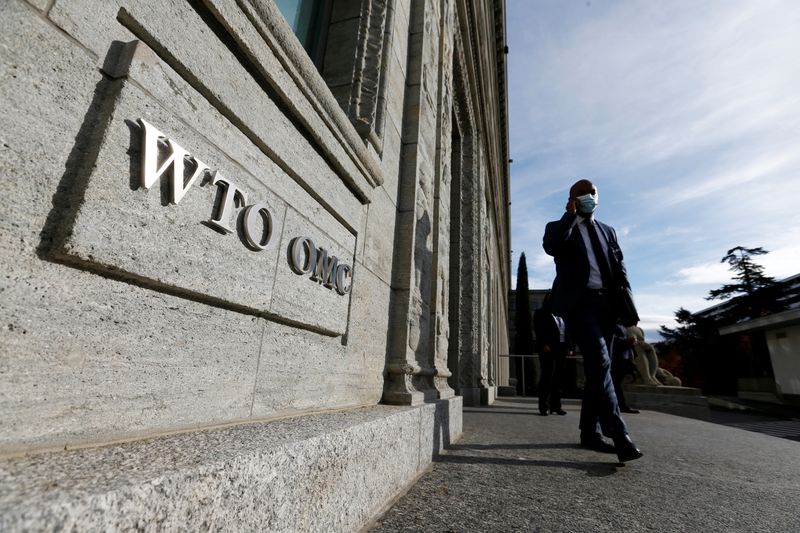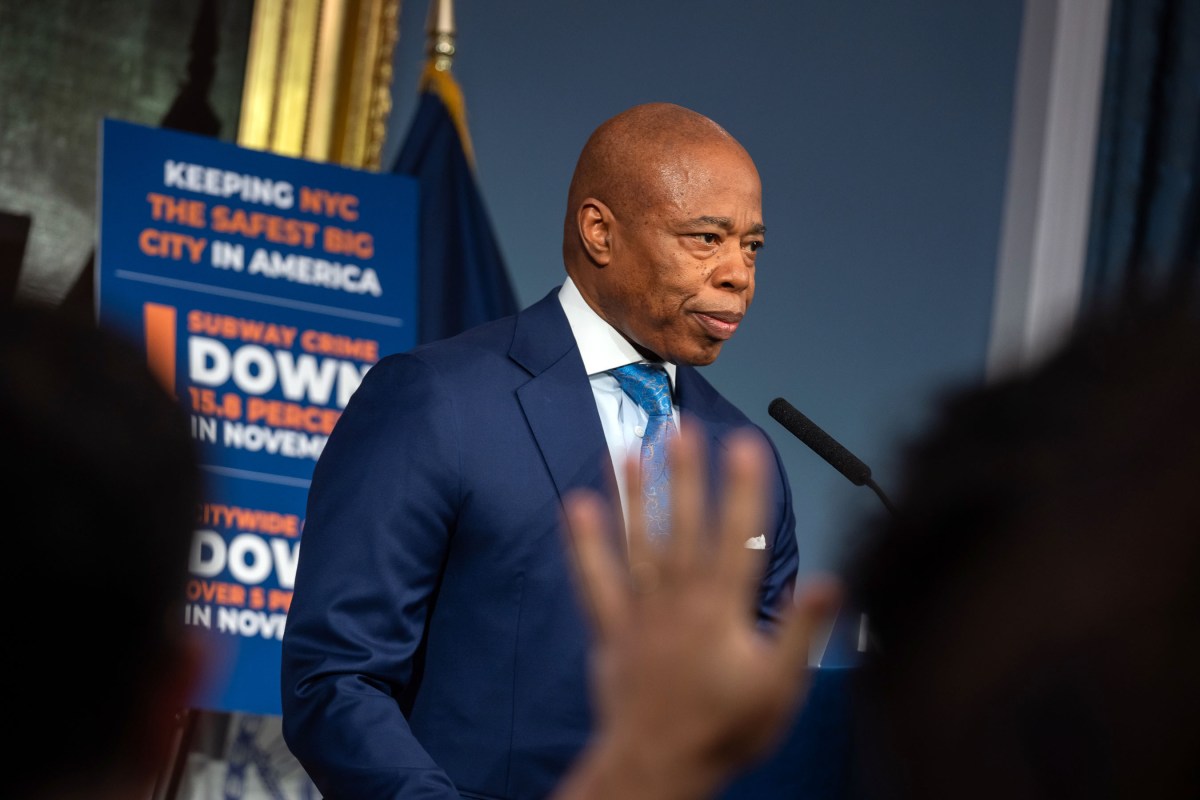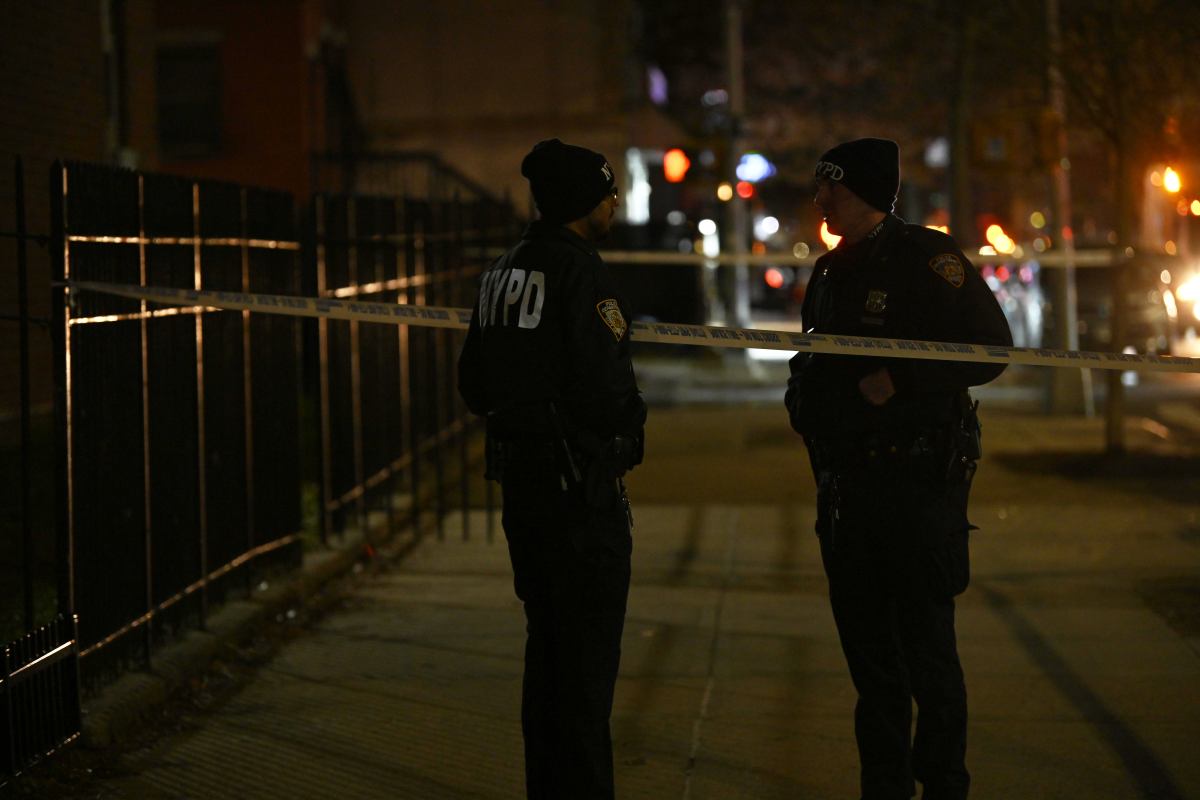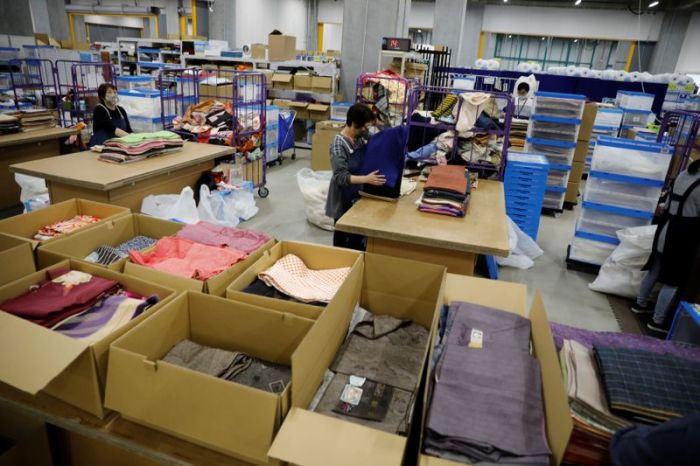GENEVA (Reuters) – World Trade Organization negotiators have failed to reach a deal by a year-end deadline to cut the subsidies that have helped decimate the world’s fish stocks, but will try again next year, the chairman of the talks said on Monday.
The failure is a significant blow to the world’s fish stocks, which environmentalists say could be replenished by a deal, and to the WTO, which faces questions about its ability to strike multilateral agreements.
Colombia’s Santiago Wills said the talks had been hampered by delays caused by the coronavirus pandemic, though sources who attended a closed-door meeting said he had also told delegates that “major differences” remained.
But he did set out dates for further talks in 2021.
“While I am disappointed we will miss the 2020 deadline, I’m not discouraged,” he told journalists. “To the contrary, the momentum is there and we must not waste it.”
World leaders committed in 2015 to several U.N. targets; one mandated the trade watchdog finally to strike a deal by 2020 on ending subsidies worth billions of dollars that contribute to over-fishing.
China, the European Union, the United States, South Korea and Japan are among the main culprits.
“They have had 20 years to fix it and on certain issues they are still almost at square one,” said Remi Parmentier, strategic adviser for Friends of Ocean Action.
U.S. Ambassador Dennis Shea called the progress “very modest”, considering how long the talks had lasted. “This is certainly not the timeline of an organisation aspiring to be effective and relevant”.
Critics say Washington has itself hamstrung the WTO by blocking the appointment of a new director-general, who might have used his or her authority to unblock talks such as these.
The U.N. food agency says that nearly 90% of marine fish stocks are fully exploited, overexploited or depleted. U.N. Secretary General Antonio Guterres, Britain’s Prince Charles and naturalist and broadcaster David Attenborough have all urged action at the WTO.
The Pew Charitable Trusts estimates that an ambitious deal could boost the amount, or biomass, of fish in the world’s seas by 12.5% in the next 20 years, based on a model it shared with negotiators.
“If countries reach an agreement on harmful fishing subsidies that keeps loopholes to a minimum, they will achieve a conservation victory that could have a long-lasting, positive impact on our global ocean,” said Pew’s Isabel Jarrett.
“OH, DEAR FISH”
Delegates praised Wills, who had shown his commitment to the talks in an unexpected way by tweeting a Valentine’s poem to the world’s fish: “Oh dear fish/Protect you we must;/In the @WTO/You can trust…”
Negotiators had been working on a confidential draft text for months but a copy seen by Reuters in November still contained dozens of areas of disagreement – not least on the definition of ‘fish’. Wills said he would send negotiators a new version this week.
A major area of contention has been a section outlining carve-outs from the rules for developing countries, submitted by India. One delegate from a wealthy country said these were so broad as to render the agreement meaningless.
Since China is the biggest subsidiser and has in the past resisted pressure to curb its fleets, the success of the talks is seen as hinging partly on Beijing.
Some expressed frustration at China’s opposition to a provision targeting exploitation of the high seas by industrial fishing fleets.
China’s ambassador said in September that such a prohibition “would go beyond our mandate”. But Beijing has said it is willing to “fully engage” and a spokeswoman in Geneva declined to spell out its current position.
Future progress on fisheries may depend on whether a two-yearly meeting of trade ministers, scheduled for last June in Kazakhstan but cancelled due to COVID-19, can be resurrected.
(Reporting by Emma Farge; Editing by Kevin Liffey)

























